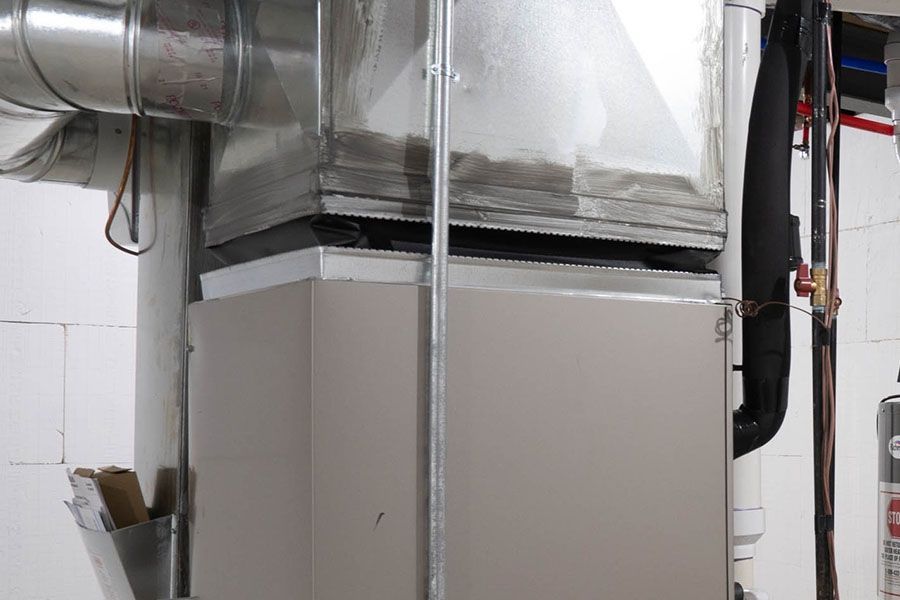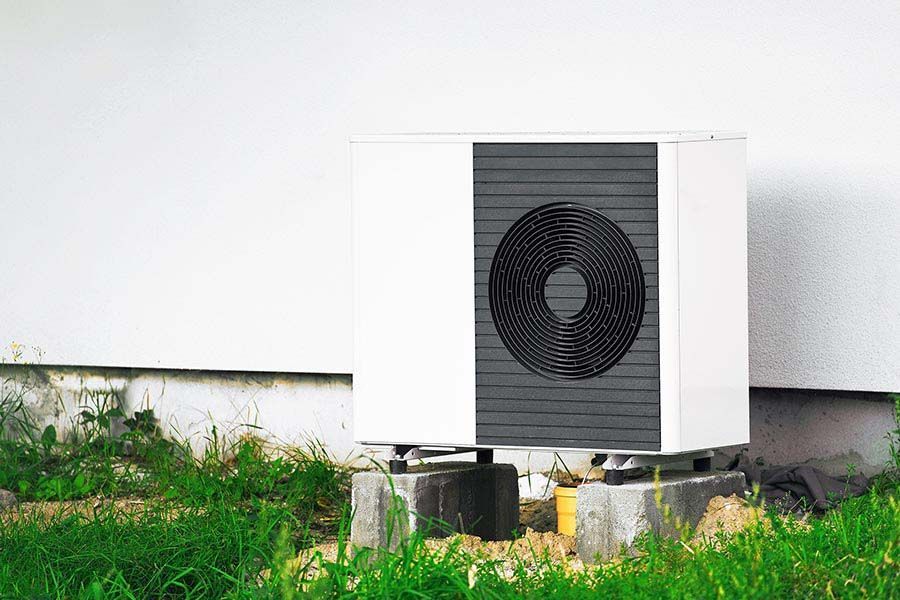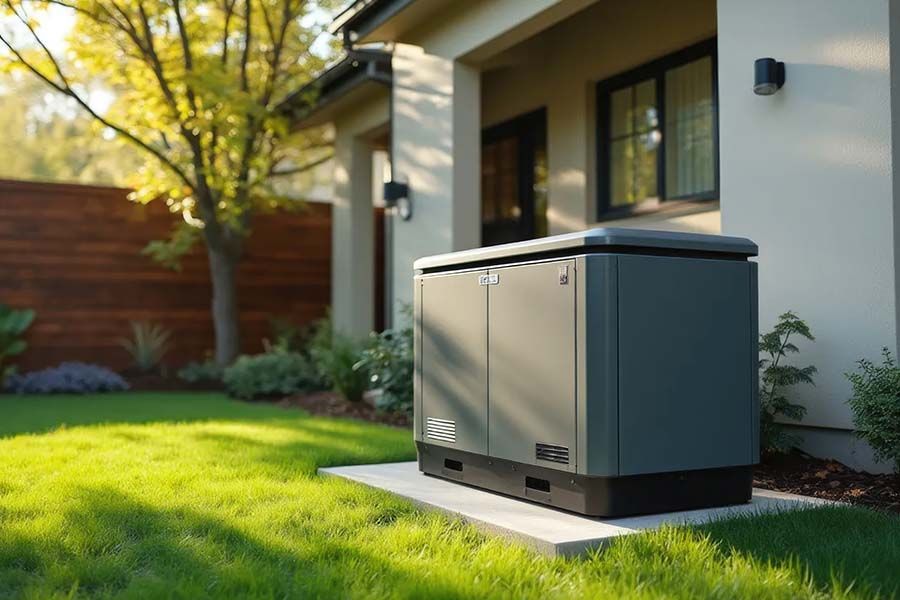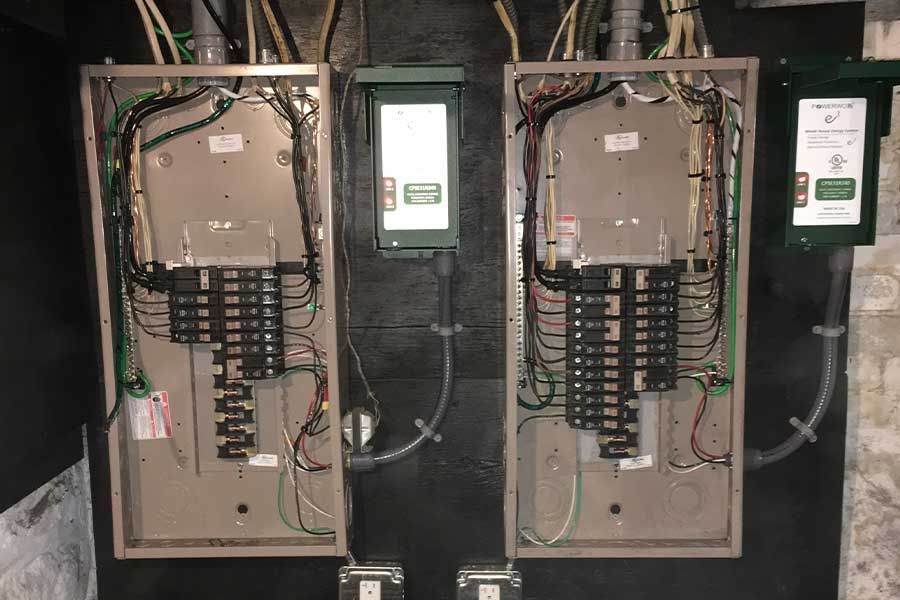How To Tell If You Have a Gas or Electric Furnace in Random Lake, Wisconsin
Not sure what kind of furnace you have in your Random Lake home? Plenty of homeowners ask themselves, “How to tell if my furnace is gas or electric?” especially when something goes wrong or it’s time to upgrade. Knowing your furnace power source isn’t just handy for repairs and replacements. It can impact your energy bills, home safety, and long-term comfort.
As the leading provider of expert furnace maintenance in Random Lake, Wisconsin, Professional Services shares the following guide to walk you through everything you need to know, step by step.
Step-by-Step Guide: Identifying Furnace Types in Random Lake Homes
The best way to begin a home heating system check is by heading straight to the furnace. You’ll typically find it in the basement, garage, utility closet, or attic.
Here’s how to figure out what you’re working with:
1. Look Inside the Access Panel
Open the front panel of your furnace, if it’s safe to do so, and check what’s inside.
If you have a gas furnace, you'll see a burner assembly, a gas valve, and possibly a pilot light or electronic igniter. If yours is an electric furnace, you'll see electric heating coils and thick wiring but no burners or gas components.
This first look makes a great start in answering, “How to tell if my furnace is gas or electric.”
2. Find a Gas Line or Shut-Off Valve
A gas furnace needs a fuel supply, and that comes in through a gas line. Look for a black or yellow metal pipe with a valve attached. If you don’t see a gas line, you’re most likely looking at an electric furnace. This visual clue makes it one of the easiest ways to identify furnace fuel type.
3. Check for an Exhaust Vent
Gas furnaces create combustion gases that the system must vent outdoors. Electric ones don’t. For gas furnaces, look for a metal or PVC flue pipe exiting through the roof or a side wall. An electric furnace will not have any vent or flue.
Local Context: Why Furnace Type Matters in Random Lake, Wisconsin
As we all know, our Wisconsin winters carry on with consistently below-freezing temperatures. Many of our older homes use gas furnaces because they’re efficient and reliable in extreme cold. Many newer homes or remodels feature electric furnaces due to availability, budget, or lack of natural gas lines.
Choosing the right furnace type — or understanding what you already have — is especially important when scheduling maintenance or planning a replacement. A quick, professional heating system inspection can help you make great decisions to promote your indoor comfort.
More Clues: Sounds, Smells, and Labels
Still asking, “How to tell if my furnace is gas or electric?” after all that? Here are a few more tips to help:
- Sound: A gas furnace makes more noise at startup — listen for a “click” or “whoosh” sound as it ignites. Electric models are much quieter.
- Smell: You may detect a faint gas smell during the first few cycles in a gas furnace, especially at the beginning of the heating season.
- Label: Check for a manufacturer’s label on the furnace. Words like “natural gas,” “propane,” or “electric” will usually appear. You can also look up the model number online using a search like “gas vs. electric furnace.”
Why It’s Worth Getting a Professional Opinion
If you’ve walked through the steps above and still aren’t sure — or if you’d rather not poke around near gas lines and electrical panels — it’s a good idea to schedule a professional heating system inspection.
A certified HVAC technician from Professional Services can quickly identify your unit and recommend any needed maintenance or upgrades. Having an expert inspect, clean, and tune up your HVAC system is always a good idea.

Schedule Your Furnace Check in Random Lake Today
Understanding your furnace power source is a smart first step in protecting your home’s comfort and safety, especially during the long winter months in Random Lake.
Whether prepping for a cold snap or considering an upgrade, we want to give you the basics of identifying furnace types and performing a proper home heating system check. Look through our other posts for coverage of related topics like understanding the efficiency of new furnaces.
Still need help figuring out "How to tell if my furnace is gas or electric?" Don’t worry — we’ve got your back. Contact Professional Services today to schedule an expert system inspection and get personalized recommendations for your home.
You might also like







